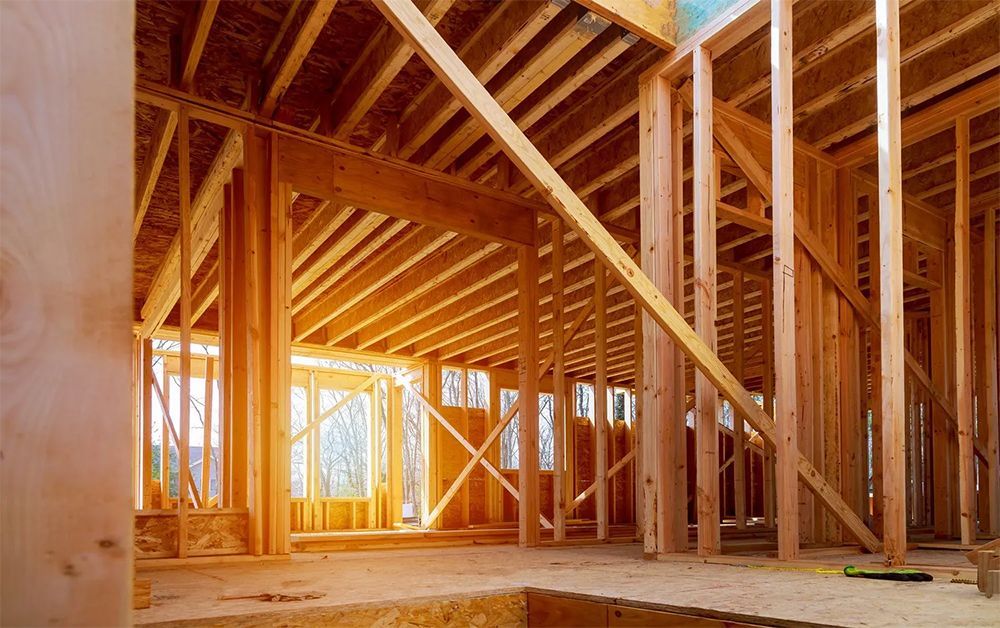2. DIYing Major Remodels
You may feel reluctant to spring for a professional remodel if you plan to move out soon and won't personally enjoy the results. However, DIYing a moderate to major remodel is likely a mistake. When your home attracts an interested buyer, a professional will inspect the home, and any issues that may not be up to code will come to light.
Choosing a licensed professional to complete all your remodels and upgrades can ensure that work will be up to code and won't cause any problems when inspected.
3. Choosing the Cheapest or Quickest Option
The cheapest or quickest option isn't always the most economical if you need to sell a house. This is especially the case when you sell in a buyer's market or if you simply want to drive the price of your house up. Selecting a remodel that will give your house an edge over the others in the area can help you get the most value from your efforts.
Just because the ROI of a specific remodel is great in general, that doesn't mean that you can or should perform the cheapest possible version of that remodel. For instance, a new kitchen floor may add more value and give your home more of an edge if you choose a long-lasting material like tile or stone rather than the more affordable laminate flooring.
4. Reusing Spent Materials
Reusing is one of the tenets of environmentalists, along with reducing and recycling. However, not everything can or should be reused when you remodel your home. Some materials are only designed for one-time use, while others may be worn out from constant use.
For example, the flashing pieces on your roof aren't designed for reuse. Some homeowners may get the wrong idea if they've received quotes from roofing contractors that don't include new flashing in the quote. This may make new flashing sound optional, but it's really not. Reused flashing can cause leaks, and a home inspector may flag it as a problem.
5. Painting Over Problems
In many cases, a fresh coat of paint is a great way to spruce up a room. However, you need to make sure the paint doesn't cover up a problem, such as a watermark or a mold stain. Some homeowners don't realize this, but simply cleaning the mold off and then painting over it won't stop a mold problem.
So if you paint over a spot that's had mold in the past and then sell your home, you could be at risk of legal liability if the mold problem recurs. This is especially the case if it seems like you covered the problem up. Any water damage or mold-related problems need professional remediation before you start sprucing things up with paint.
These are just some of the potentially problematic shortcuts you should avoid when remodeling a home to help it sell well. A reputable, experienced contractor can help guide you through the process to ensure you get the most out of your remodel. For more information on the services we provide, get in touch with JO Contractors today.

